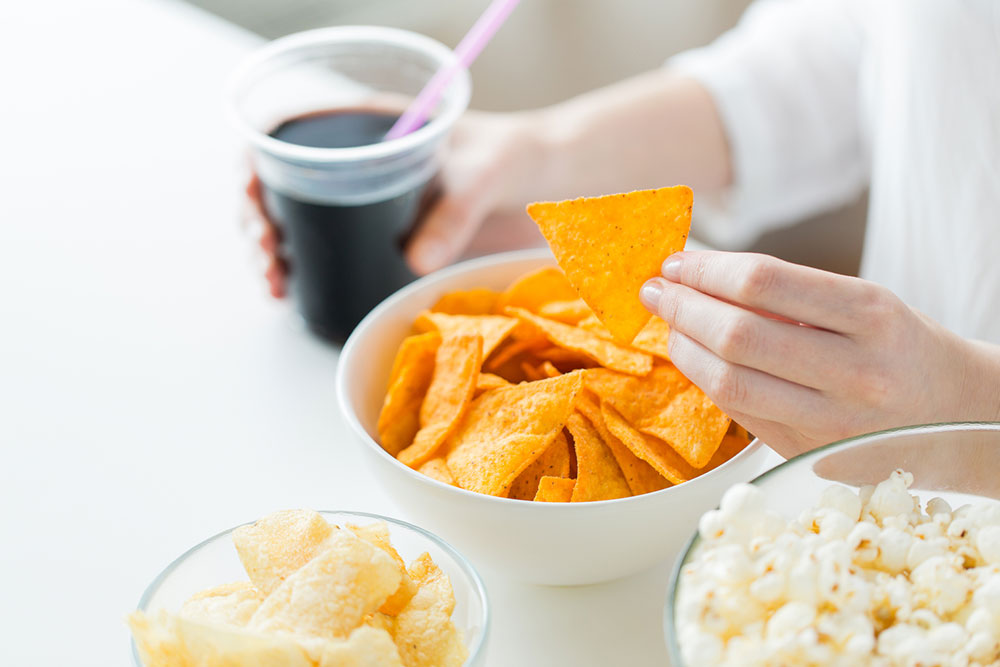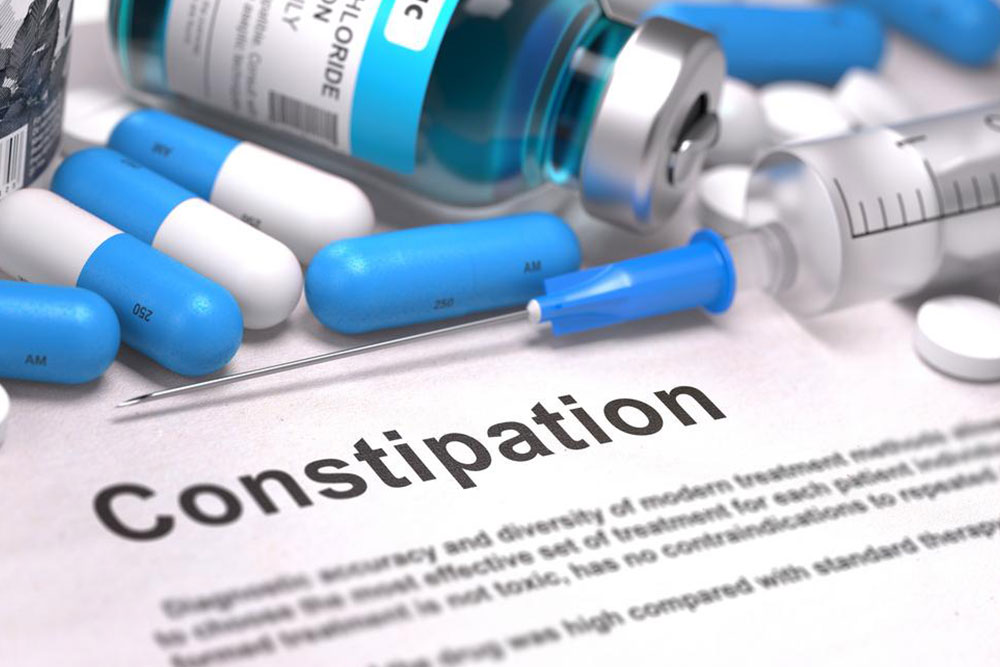Comprehensive Guide to Constipation: Causes, Prevention, and Remedies
Constipation is a prevalent digestive issue caused by dietary, lifestyle, and health factors. This comprehensive guide offers insights into its causes, prevention, and natural remedies. Key strategies include increasing fiber intake, staying hydrated, exercising regularly, and managing stress. Recognizing symptoms early and consulting healthcare providers when necessary can prevent complications. Adopting healthy habits ensures better digestive health and enhances overall well-being, making constipation a manageable condition with proper care.

Comprehensive Guide to Constipation: Causes, Prevention, and Remedies
Constipation is a common digestive disorder that affects millions of individuals worldwide. It is characterized by infrequent, difficult, or incomplete bowel movements. Typically, experiencing fewer than three bowel movements per week falls under the definition of constipation. Although it’s often viewed as a minor inconvenience, persistent constipation can significantly impact quality of life, leading to discomfort, bloating, and other gastrointestinal issues. Understanding the underlying causes, preventive strategies, and effective remedies is essential for managing this condition and maintaining a healthy digestive system.
In this comprehensive guide, we will delve into the various causes of constipation, including dietary habits, lifestyle factors, and health conditions. Moreover, practical tips for prevention and treatment will be provided to empower you to take control of your digestive health.
Understanding the Causes of Constipation
Many factors contribute to the development of constipation. Recognizing these causes allows for targeted strategies to alleviate and prevent the condition effectively. Here are some of the primary causes:
Dietary Deficiencies and Poor Nutrition: A diet that lacks sufficient dietary fiber is a leading cause of constipation. Fiber is essential for adding bulk to stool and promoting regular bowel movements. Consuming processed foods, high-fat animal products, and refined grains while neglecting fruits, vegetables, and whole grains can result in hard, dry stools that are difficult to pass.
Inadequate Hydration: Water plays a critical role in maintaining soft stool consistency. When the body is dehydrated, stools become dry and hard, making their passage through the intestines difficult. Proper hydration is fundamental to preventing and relieving constipation.
Excessive Consumption of Stimulants: While caffeine and alcohol may provide temporary relief or alertness, excessive intake can lead to dehydration. Both substances can irritate the gastrointestinal tract and disrupt normal bowel function, worsening constipation symptoms.
Medications and Supplements: Certain medications, such as iron supplements, calcium supplements, and some pain relievers, can interfere with normal bowel movements. During pregnancy, hormonal changes and supplement intake can also alter bowel habits.
Lifestyle and Routine Changes: A sedentary lifestyle with little physical activity can slow down digestion. Similarly, abrupt changes in daily routines, travel, or stress can disrupt normal bowel patterns. Ignoring the natural urge to defecate due to busy schedules may also contribute to constipation.
Medical Conditions and Other Factors: Conditions like hypothyroidism, diabetes, irritable bowel syndrome (IBS), and neurological disorders can impair bowel motility. Stress, depression, and overuse of laxatives can inadvertently worsen constipation by altering gut motility or leading to dependency.
Effective Strategies for Preventing Constipation
Preventing constipation involves adopting a comprehensive approach encompassing diet, lifestyle, hydration, and stress management. Here are some of the most effective preventive tips:
Increase Dietary Fiber Intake: Incorporate a variety of fiber-rich foods into your daily meals. Fruits like apples, pears, berries, and oranges; vegetables such as carrots, spinach, and broccoli; whole grains like oats, brown rice, and whole wheat bread; and legumes like beans and lentils are excellent sources. Aim for at least 25-30 grams of fiber daily to promote healthy bowel movements.
Stay Well-Hydrated: Consuming adequate amounts of water is crucial. A general guideline is to drink at least 8 glasses (about 2 liters) of water per day, but individual needs may vary based on activity level and climate. Starting your day with a glass of warm water can help stimulate digestion and soften stool.
Adopt Regular Physical Activity: Exercise stimulates intestinal motility and can alleviate constipation. Activities such as brisk walking, cycling, swimming, or yoga can be beneficial. Incorporate at least 150 minutes of moderate exercise weekly to support healthy digestion.
Avoid Over-reliance on Laxatives: While laxatives can provide relief, frequent use can impair natural bowel function and lead to dependency. Use them sparingly and under medical supervision. Emphasize natural remedies and lifestyle changes for long-term management.
Manage Stress and Maintain Routine: Stress can negatively impact gastrointestinal health. Practice relaxation techniques like meditation, deep breathing exercises, or mindfulness. Establish a consistent daily routine for meals and bathroom habits to help regulate bowel function.
Limit Intake of Irritants: Reduce consumption of caffeine, alcohol, and processed foods. These can dehydrate the body and irritate the gut, exacerbating constipation.
Natural Remedies and Lifestyle Tips
In addition to dietary and lifestyle modifications, certain natural remedies can aid in relieving constipation:
Warm Water and Lemon: Drinking a glass of warm water with lemon juice in the morning can stimulate digestion and promote bowel movements.
Prunes and Prune Juice: Prunes are rich in fiber and natural sorbitol, which acts as a gentle laxative. Incorporate them into your diet for relief from occasional constipation.
Herbal teas: Certain herbal teas such as ginger, peppermint, or dandelion can soothe the digestive tract and facilitate bowel movements.
Proper Toilet Posture: Elevating your feet with a stool while sitting on the toilet can mimic a natural squat, reducing strain and aiding easier passage of stools.
When to Seek Medical Attention
If constipation persists for more than a few weeks despite lifestyle modifications, or if it is accompanied by symptoms such as severe abdominal pain, blood in stool, unintentional weight loss, or vomiting, it’s essential to consult a healthcare professional. Chronic constipation may be a sign of underlying health issues that require targeted diagnosis and treatment.
In conclusion, constipation is a manageable condition with proper understanding and preventive practices. By integrating fiber-rich foods, staying hydrated, maintaining an active lifestyle, and managing stress, individuals can promote regular bowel movements and overall gastrointestinal health. Remember, early intervention and natural remedies are often effective in alleviating constipation and improving quality of life.





